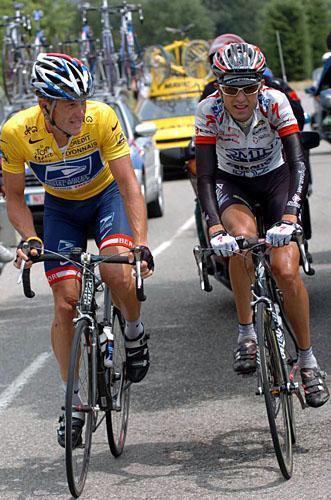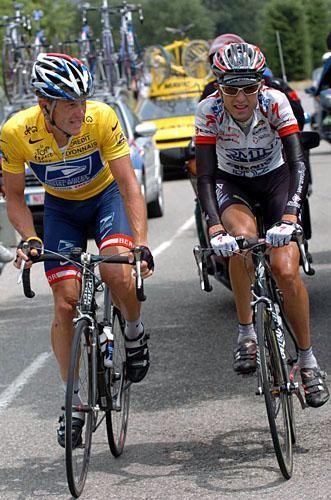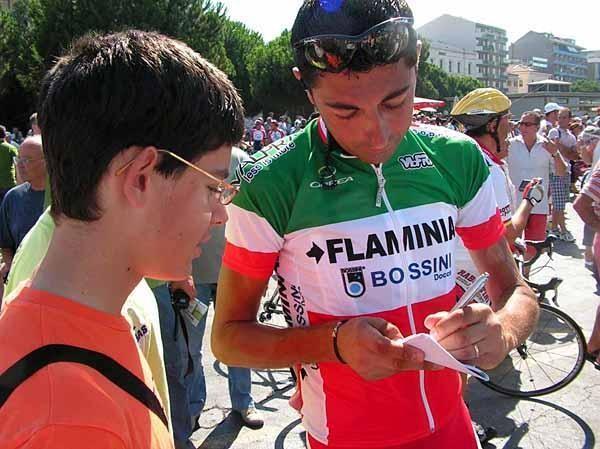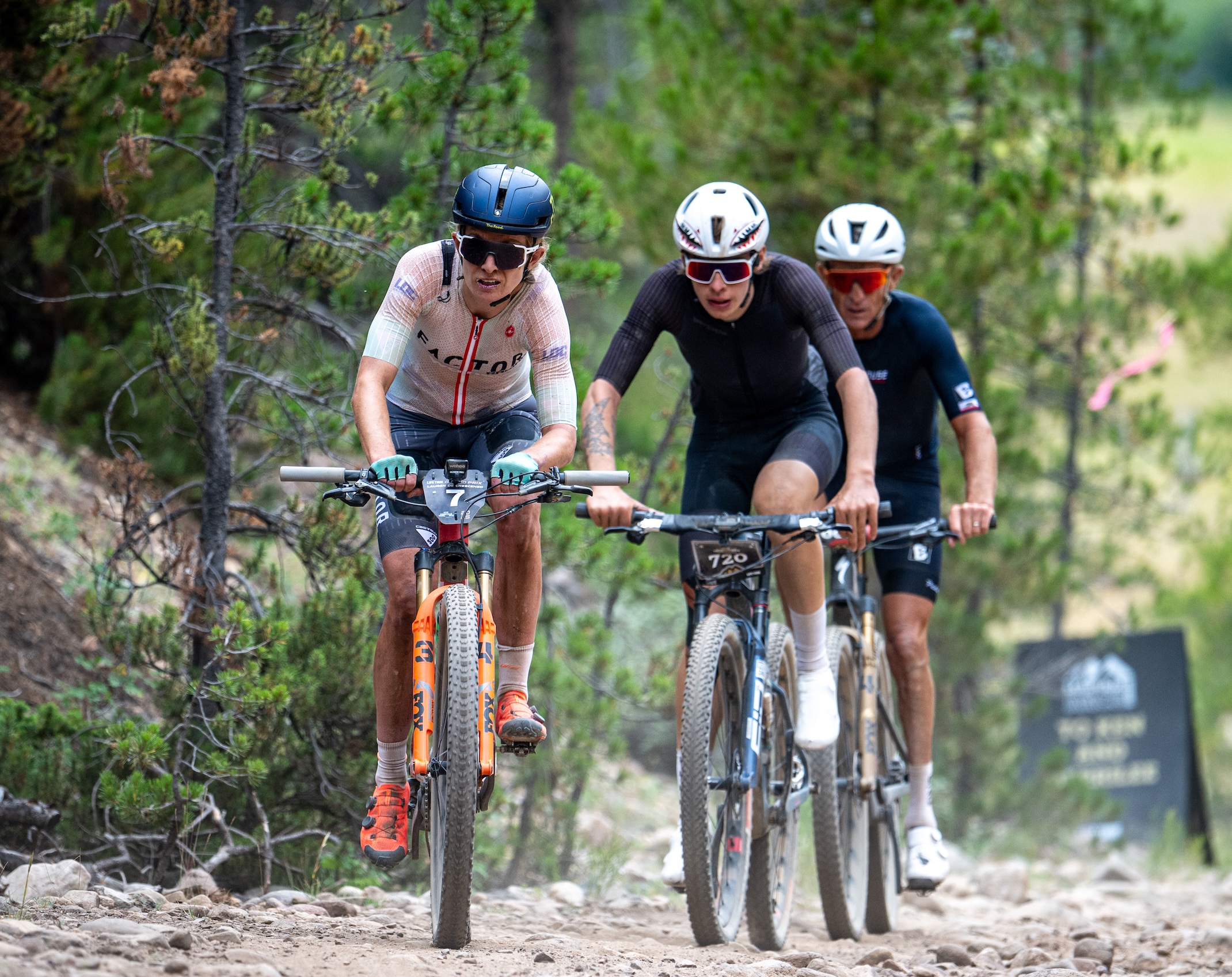Simeoni: Justice has come a bit late in Armstrong case
Italian recalls 2004 Tour de France clash
The latest race content, interviews, features, reviews and expert buying guides, direct to your inbox!
You are now subscribed
Your newsletter sign-up was successful



Filippo Simeoni has welcomed the news that Lance Armstrong has opted not to contest the charges of doping and conspiracy levelled at him by the United States Anti-Doping Agency, but the Italian noted that justice had taken a long time in coming.
“I think that justice has come, even it’s come a bit late,” Simeoni told Radio Sportiva. “In the mind of the fans, the winner of those Tours will still be Armstrong.”
Simeoni also warned that the challenge is now for cycling as a whole to continue the fight against doping with the same rigour shown by USADA in recent months. “You need to continue on these lines for many years to give credibility to the sport,” he said.
In what would be one of the defining acts of his “patronage” of the Tour de France, Armstrong clashed with Simeoni on the road during the 2004 edition of the race.
Armstrong had branded Simeoni “an absolute liar” in an interview with Le Monde in 2003 after the Italian had testified before an Italian court that Dr. Michele Ferrari had advised him to use EPO and testosterone in the late 1990s.
Ferrari, who was Armstrong's trainer, has also been charged with doping by USADA, along with Armstrong’s then US Postal manager Johan Bruyneel. who is currently in charge of RadioShack-Nissan.
“The story with Armstrong caused me a lot of pain and did me a lot of damage from a sporting point of view,” Simeoni said. “In 2004, everything was done to stop me from riding the Tour de France, there was even pressure from my own teammates.”
The latest race content, interviews, features, reviews and expert buying guides, direct to your inbox!
Simeoni eventually was selected for the Acqua & Sapone team for the 2004 Tour, but when he infiltrated the early break on stage 18, the yellow jersey Armstrong bridged across, forcing Simeoni to drop out of the break.
“He spoke with the other members of the break and everything went up in smoke,” Simeoni said. “When I understood that Armstrong was forcing me to sit up, he said bad things to me, and thinking of them now only makes me feel angrier.”
“When I complained about these things, he was in charge of cycling and nothing was done about it. I paid for things that weren’t just: in the end, I only told the truth.”

